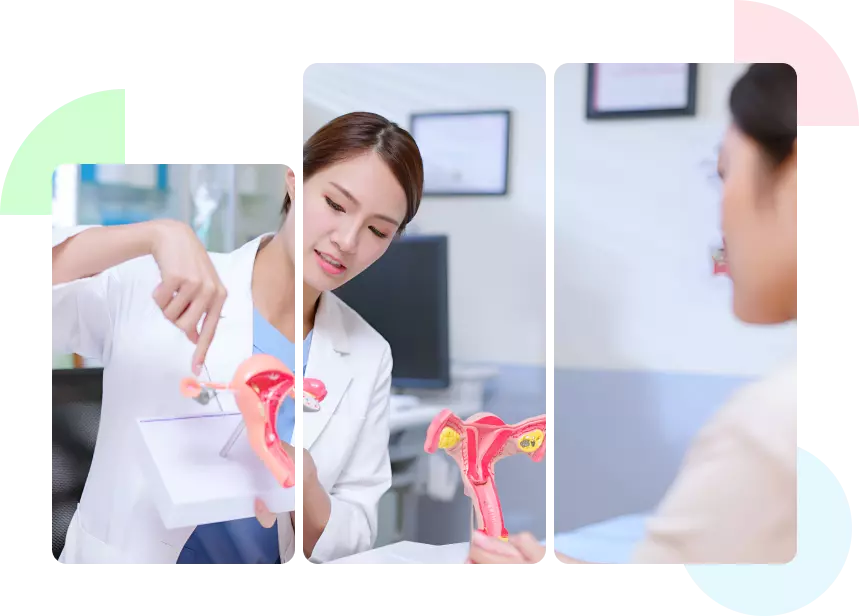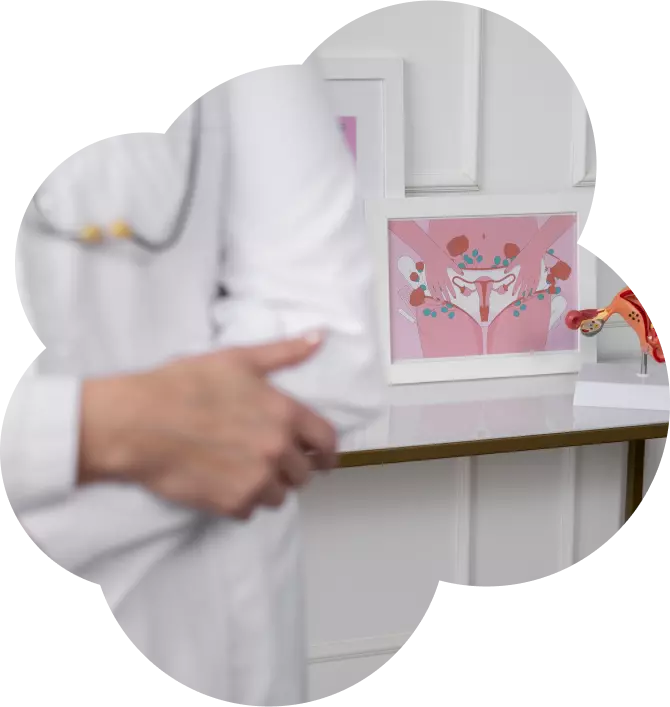
Fluid filled sacs that form on or inside the ovaries are called ovarian cysts. They are a common occurrence, with most women experiencing them at some point in their lives.
Ovarian cysts can vary in size and may cause symptoms such as pelvic pain, bloating, or irregular menstrual cycles. In many cases, the small cysts are harmless and resolve on their own.
However, in some instances, they may require medical treatment, particularly if they become large, rupture, or cause complications.
The majority of ovarian cysts are symptomless and disappear on their own. Some large cysts include ovarian cyst symptoms like
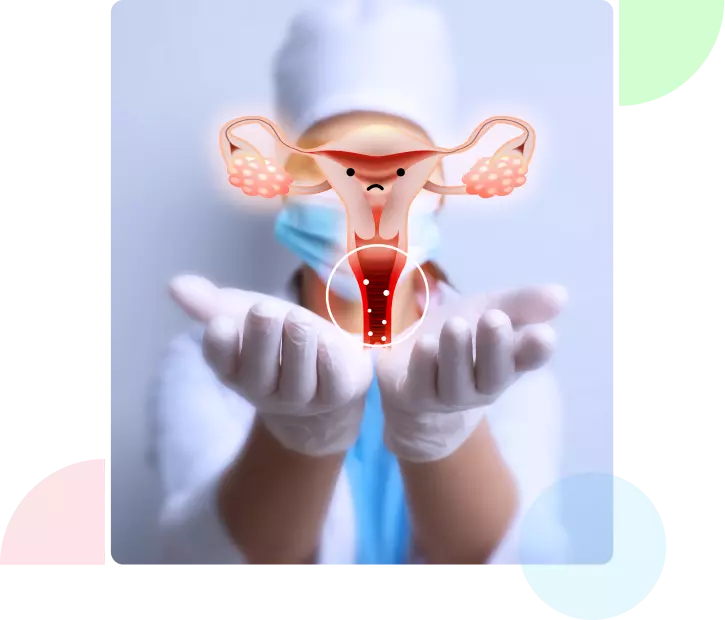

Ovarian cysts are fluid-filled sacs that develop on or within a woman's ovaries. These cysts are quite common and often harmless, but they can sometimes cause discomfort or lead to more serious complications.
The primary causes of ovarian cysts include hormonal imbalances, pregnancy, endometriosis, and polycystic ovary syndrome (PCOS). Hormonal changes during the menstrual cycle can lead to the formation of functional cysts, while conditions like PCOS can cause multiple cysts to develop on the ovaries.
Endometriosis, where the uterine lining grows outside the uterus, can also result in the formation of endometriomas, a type of ovarian cyst. In some cases, cysts may develop due to underlying medical conditions or as a side effect of certain medications. Understanding the potential causes of ovarian cysts is crucial for women to seek timely medical attention and manage any related health concerns.
The diagnosis typically involves a combination of physical examination, medical history, and various diagnostic tests.
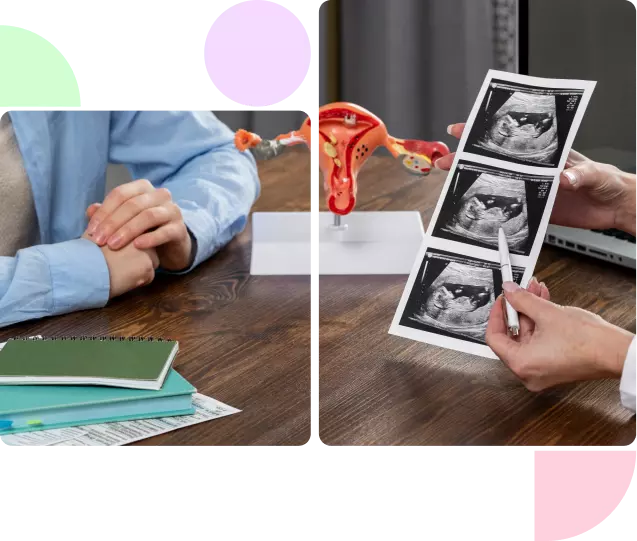
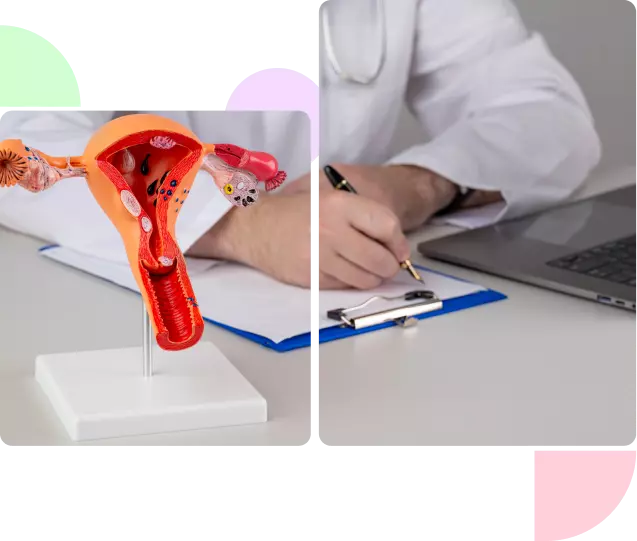
While many cysts are harmless and go away on their own, some larger cyst may require ovarian cyst treatment. The type of treatment recommended will depend on the size, type, and symptoms of the cyst.
For small, asymptomatic cysts, the primary treatment is monitoring through regular pelvic exams and ultrasounds. If the cyst persists or grows larger, your doctor may recommend birth control pills to prevent new cysts from forming.
In cases of large, persistent, or symptomatic cysts, your doctor may recommend minimally invasive ovarian cyst surgery to remove the cyst. This can often be done laparoscopically, resulting in a faster recovery time.
There's no proven way to stop the formation of cysts. Listed three preventive points that could possibly work most of the time.
